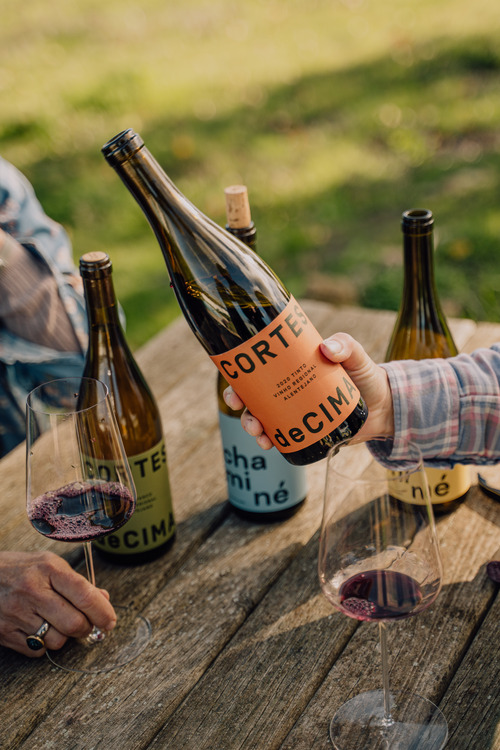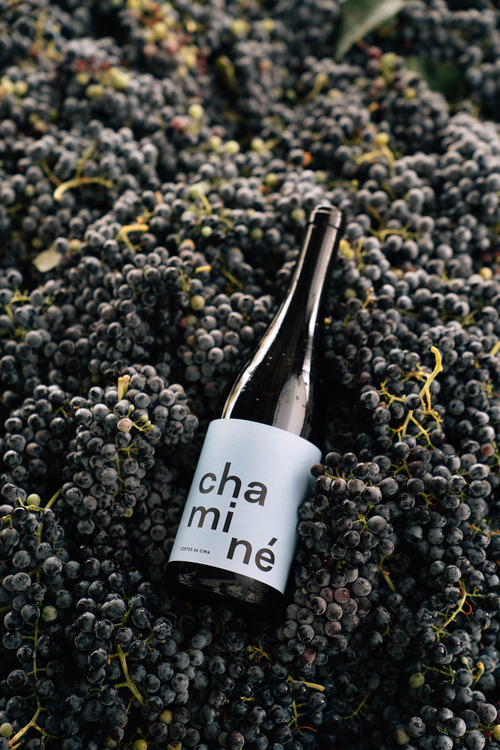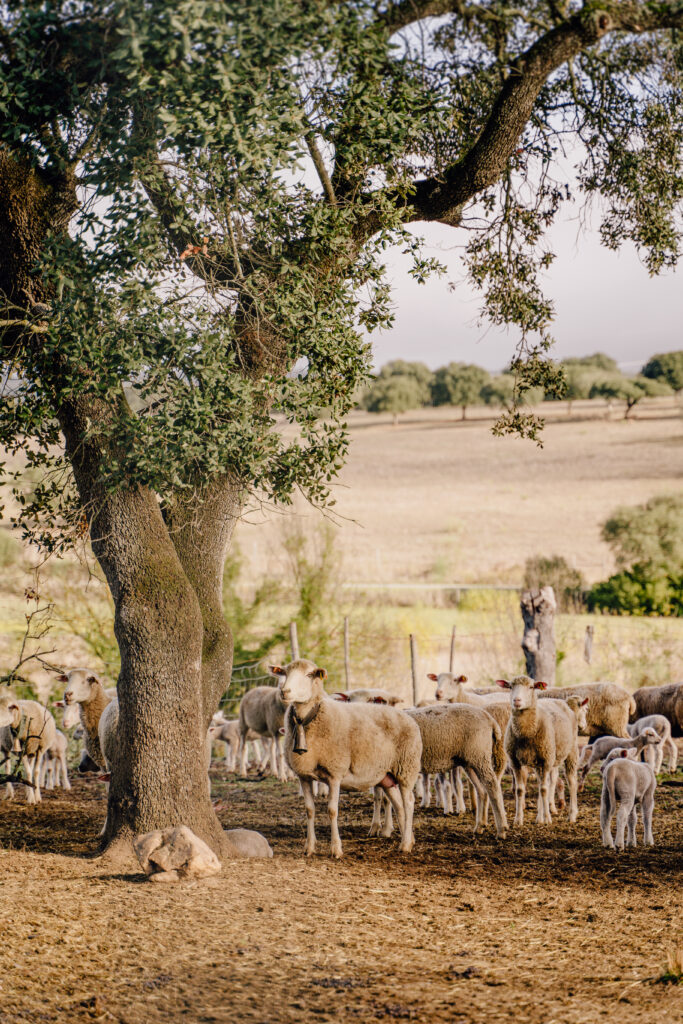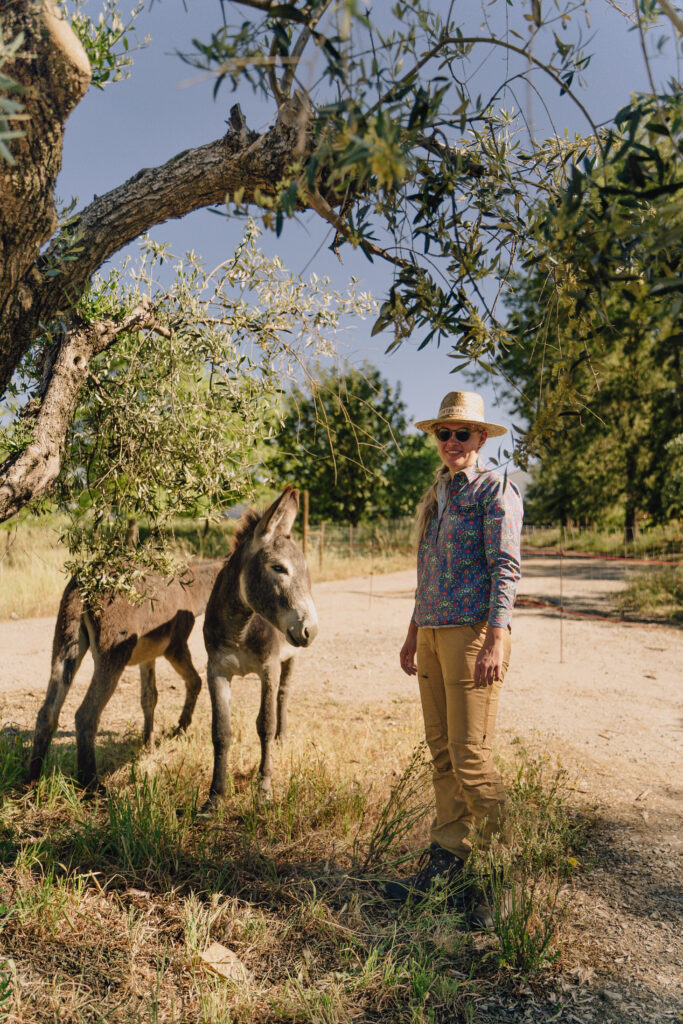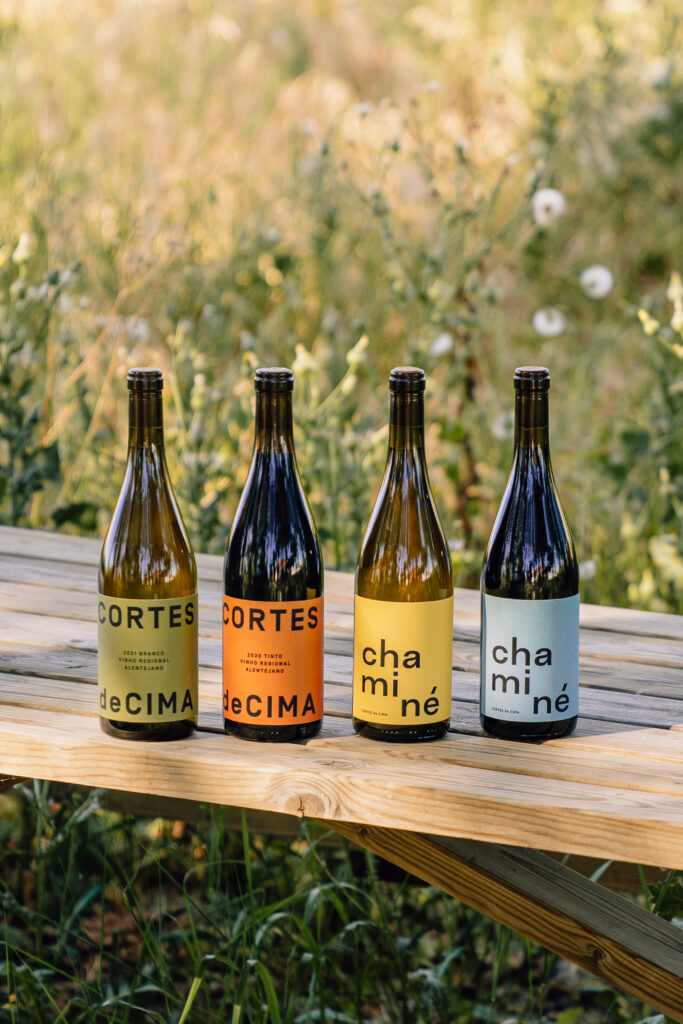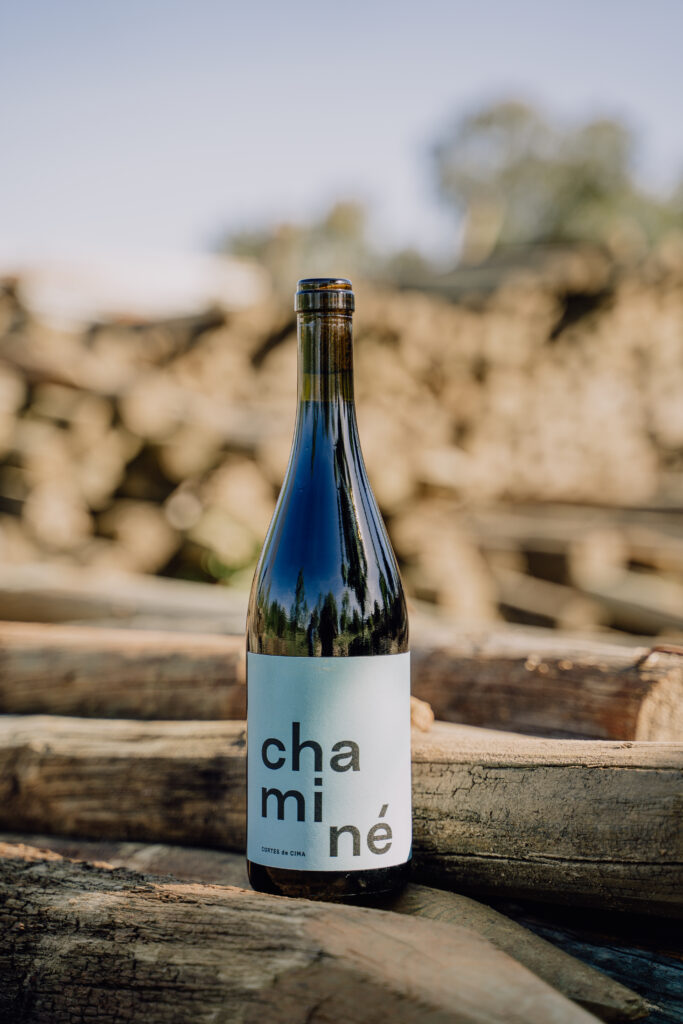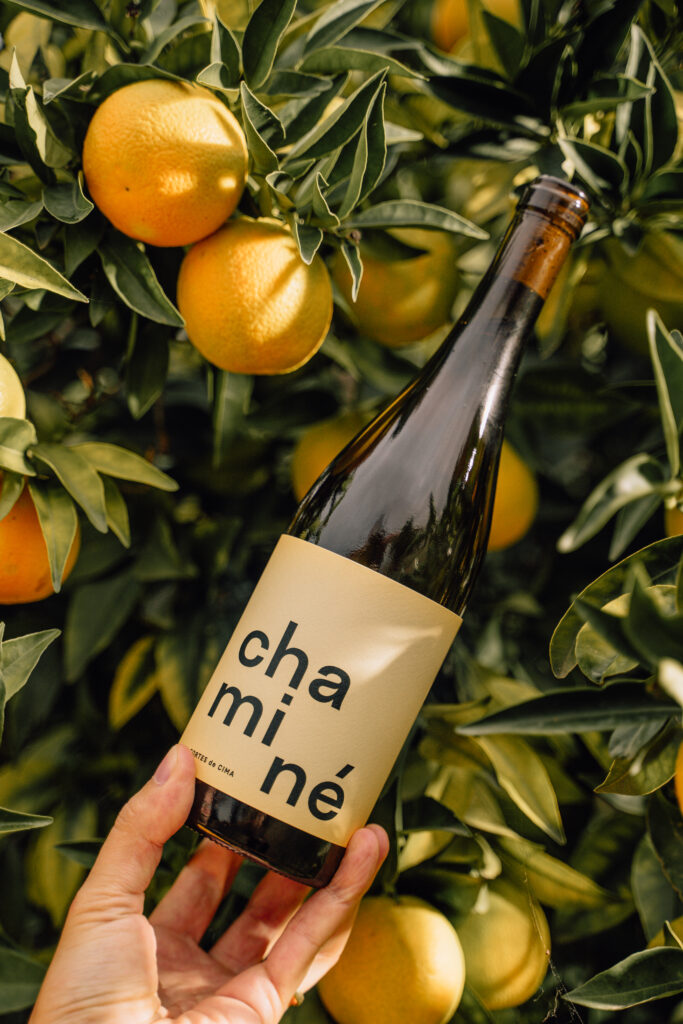A Journey to Cortes de Cima
Carrie and Hans Jorgensen’s journey to Cortes de Cima began in the 1980s when they arrived in Portugal by sailboat from Malaysia. They discovered a rustic Herdade at the foot of Serra do Meandro, initially just an old Monte with basic amenities and traditional farming practices.
Determined to settle, they gradually expanded the farm with crops like melons and dried tomatoes before planting their first vineyards in 1991. By 1996, Cortes de Cima had earned recognition for its wines and olive oil, becoming a significant player in the region.
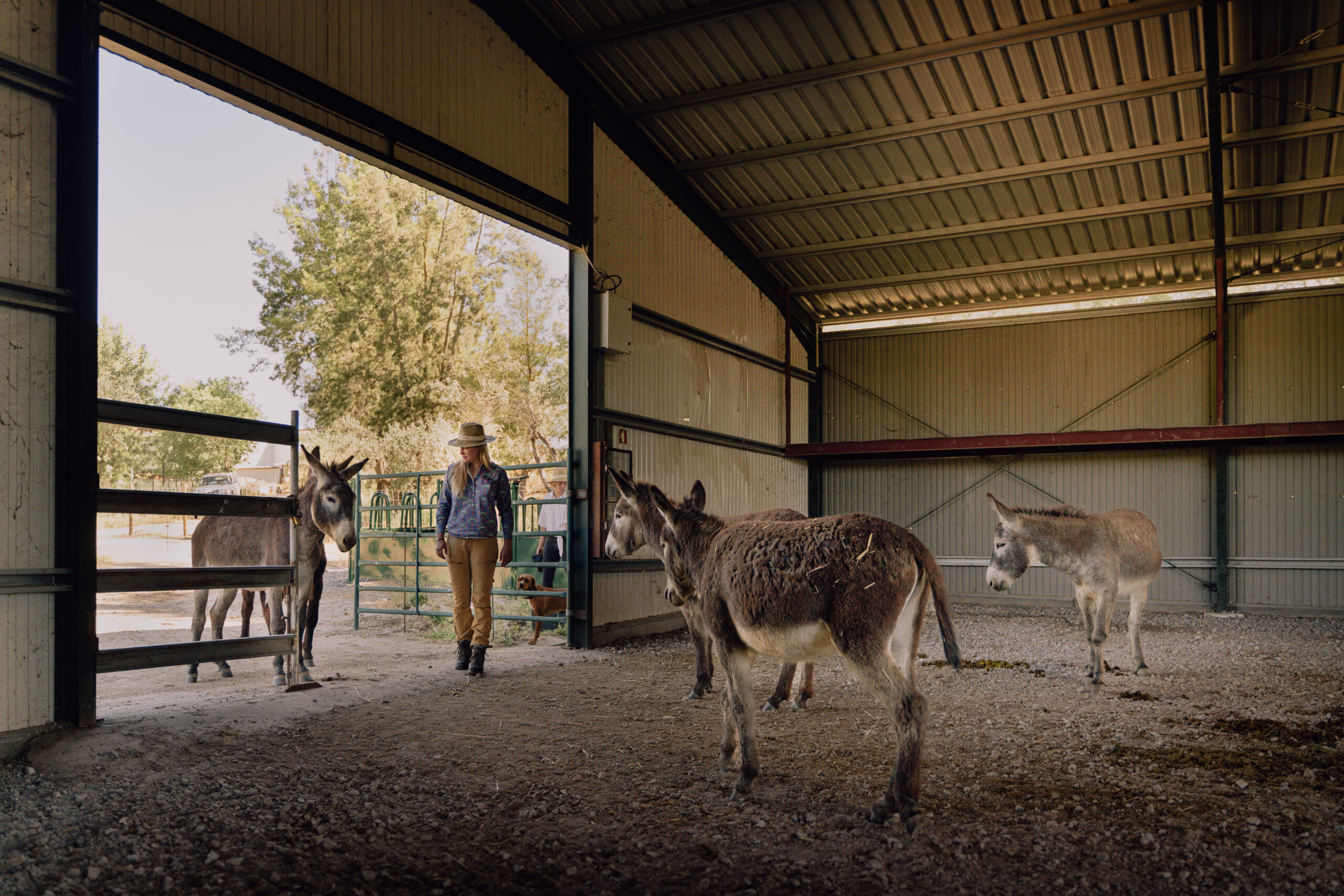
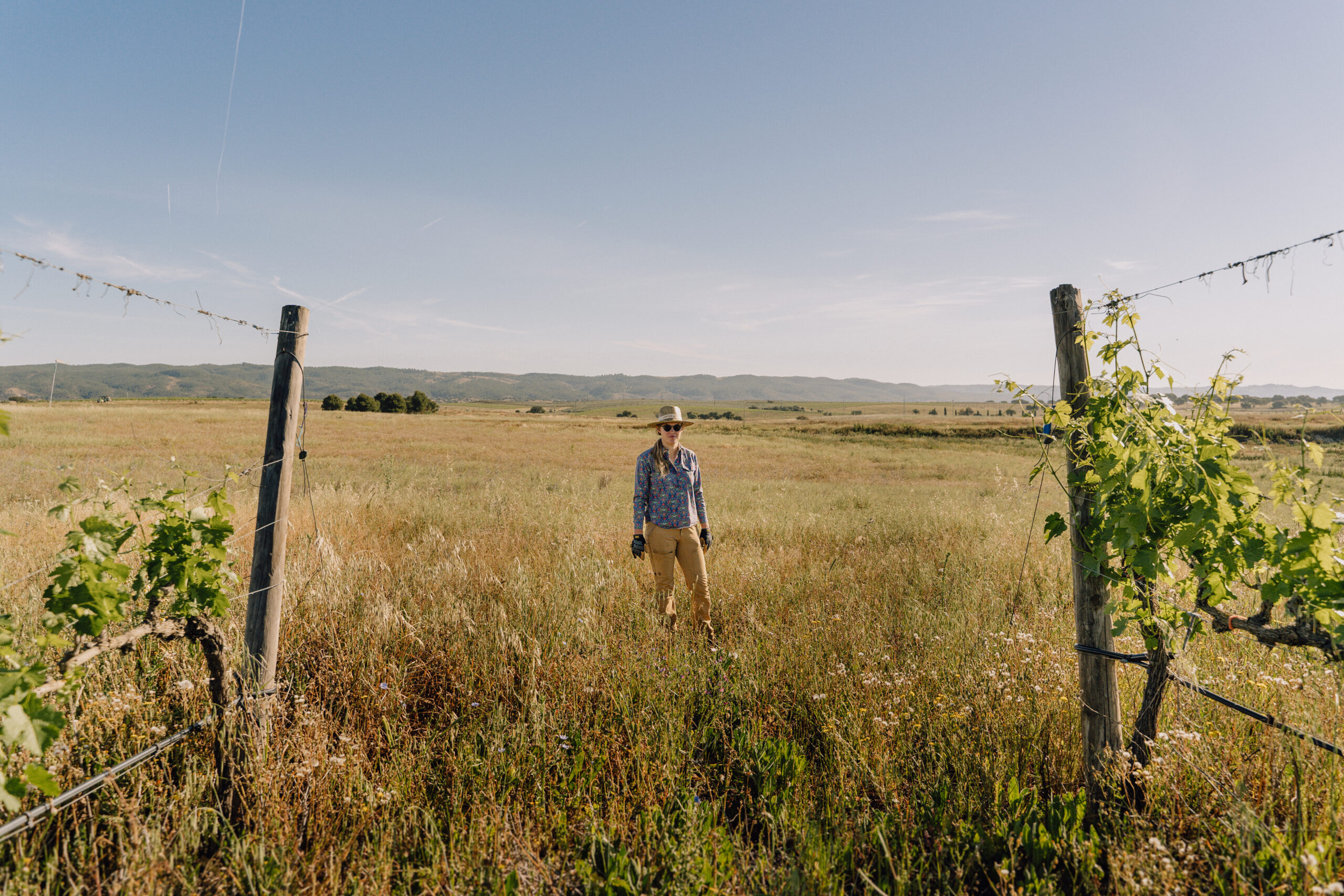
The Second Generation: An Evolution
In 2019, Anna, the youngest daughter of Carrie and Hans Jorgensen, returned to Vidigueira, Alentejo, where she grew up with her brother Thomas. Taking over the family business, Anna shifted from conventional farming to holistic, regenerative, and organic agriculture, embracing biodynamic principles and biodiversity to foster a healthy ecosystem.
Anna transitioned the farm from monoculture to polyculture, reducing the vineyard area from 240 hectares to 64 hectares in Vidigueira and 35 hectares on the coast. Cortes de Cima has evolved from a wine-producing estate to a diverse farm—herdade—integrating sustainable agricultural practices with winemaking.
A Holistic Approach to Biodynamic Farming
At Cortes de Cima, the focus is on producing wines that authentically reflect their terroir. Guided by biodynamic principles and regenerative practices, they aim to preserve the region’s genetic diversity and heritage. They enhance soil structure with spontaneous and seeded cover crops, practice minimal tillage, and limit tractor passages to prevent compaction.
In spring, they roll the cover crop to create a natural blanket that protects the soil from direct sunlight. This sustainable approach improves wine quality and highlights their commitment to environmental sustainability and responsible farming.
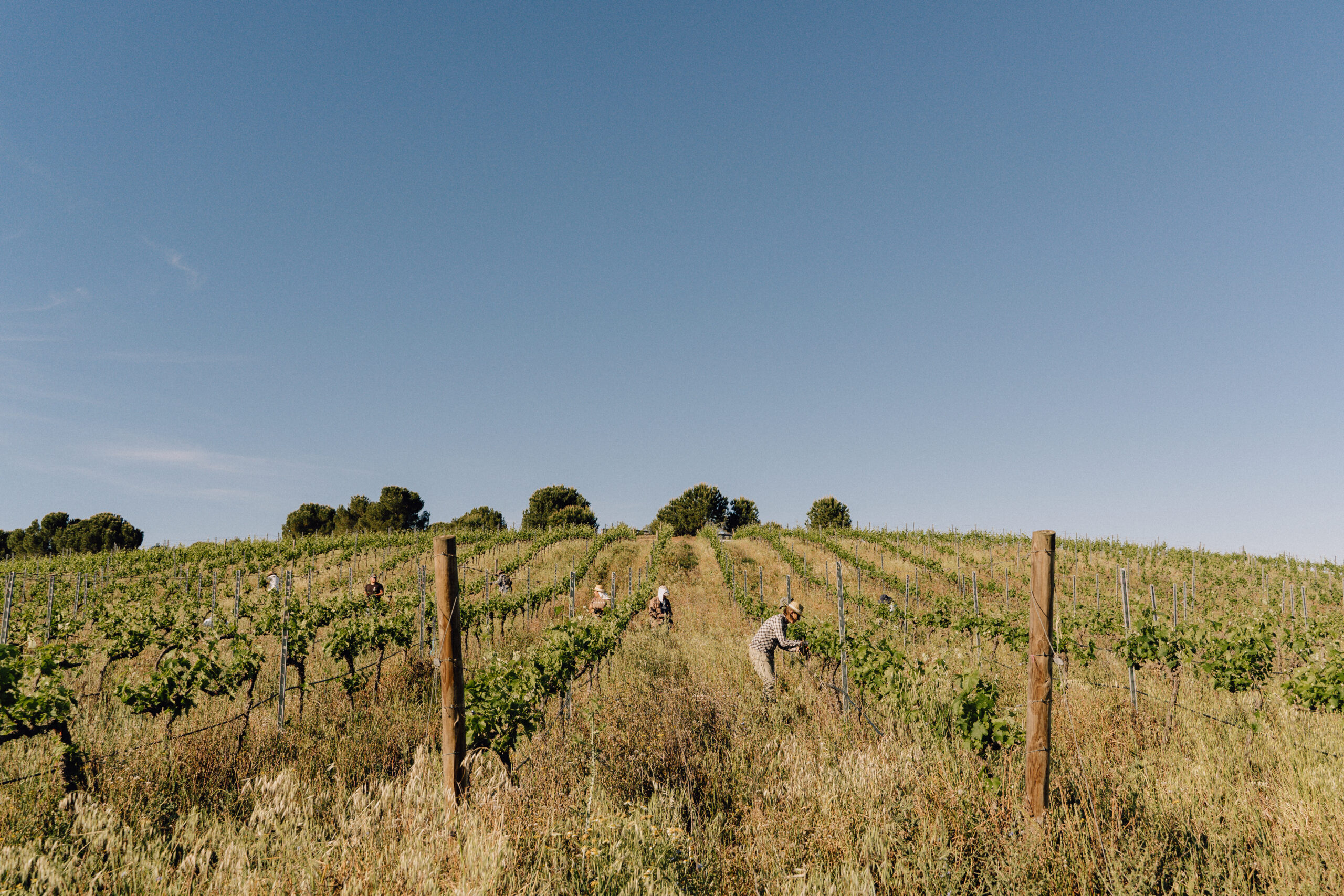
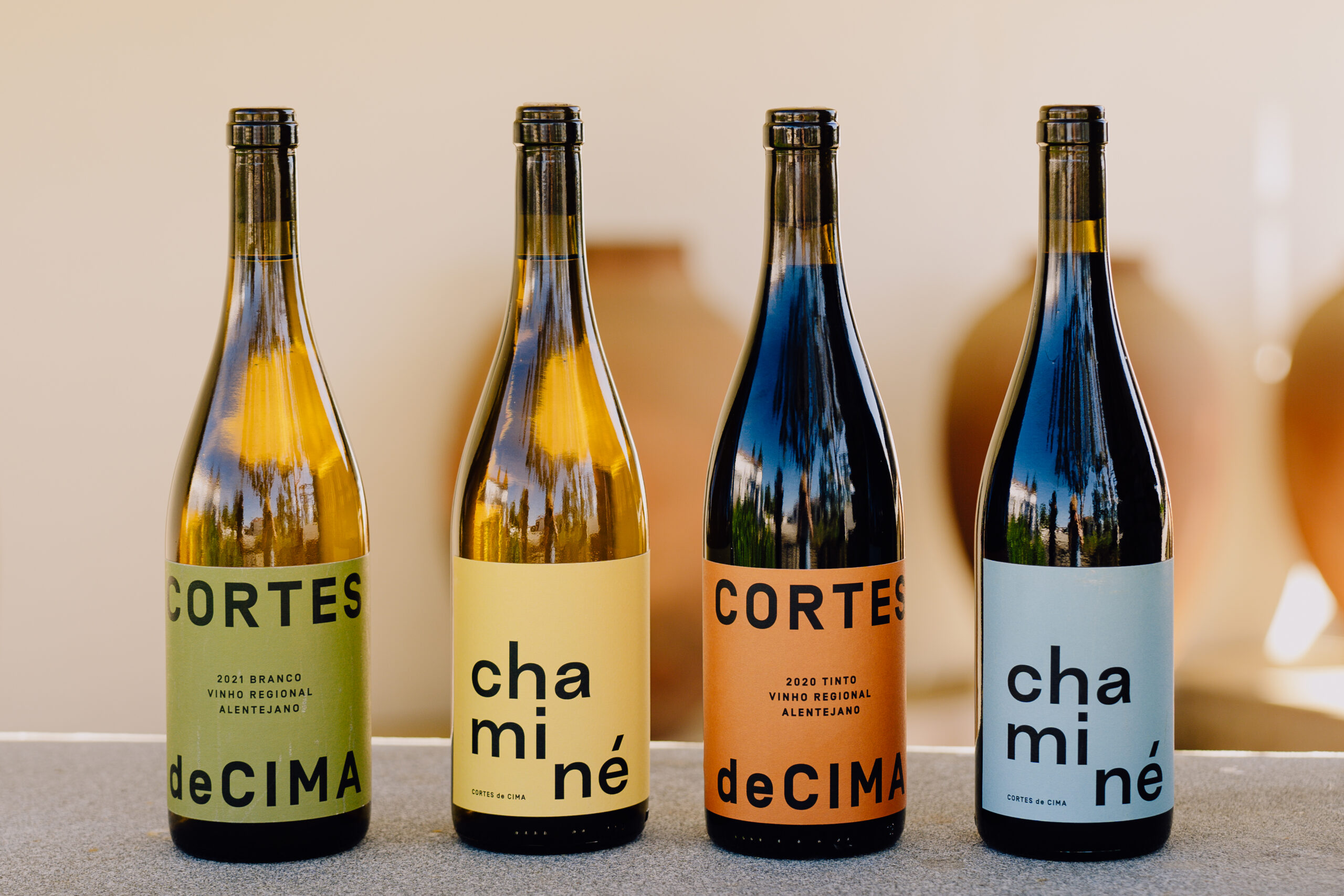
Meet the New Chaminé Red: An All-Time Classic Refreshed!
Introducing our revitalized all-time classic! This blend embodies the freshness and elegance of a new Alentejo, crafted from grapes grown on the clay-limestone soils in Vidigueira, including the renowned ‘Chaminé de Gião’ parcel that lends its name to the wine.
Grapes are handpicked at night, fermented with 30% whole clusters using indigenous yeast for gentle extraction. This blend of Syrah, Touriga Franca, Trincadeira, and Alicante Bouschet undergoes aging in stainless steel and old French oak, following a minimal intervention approach, reflecting their commitment to organic farming and regenerative practices.
Gallery
